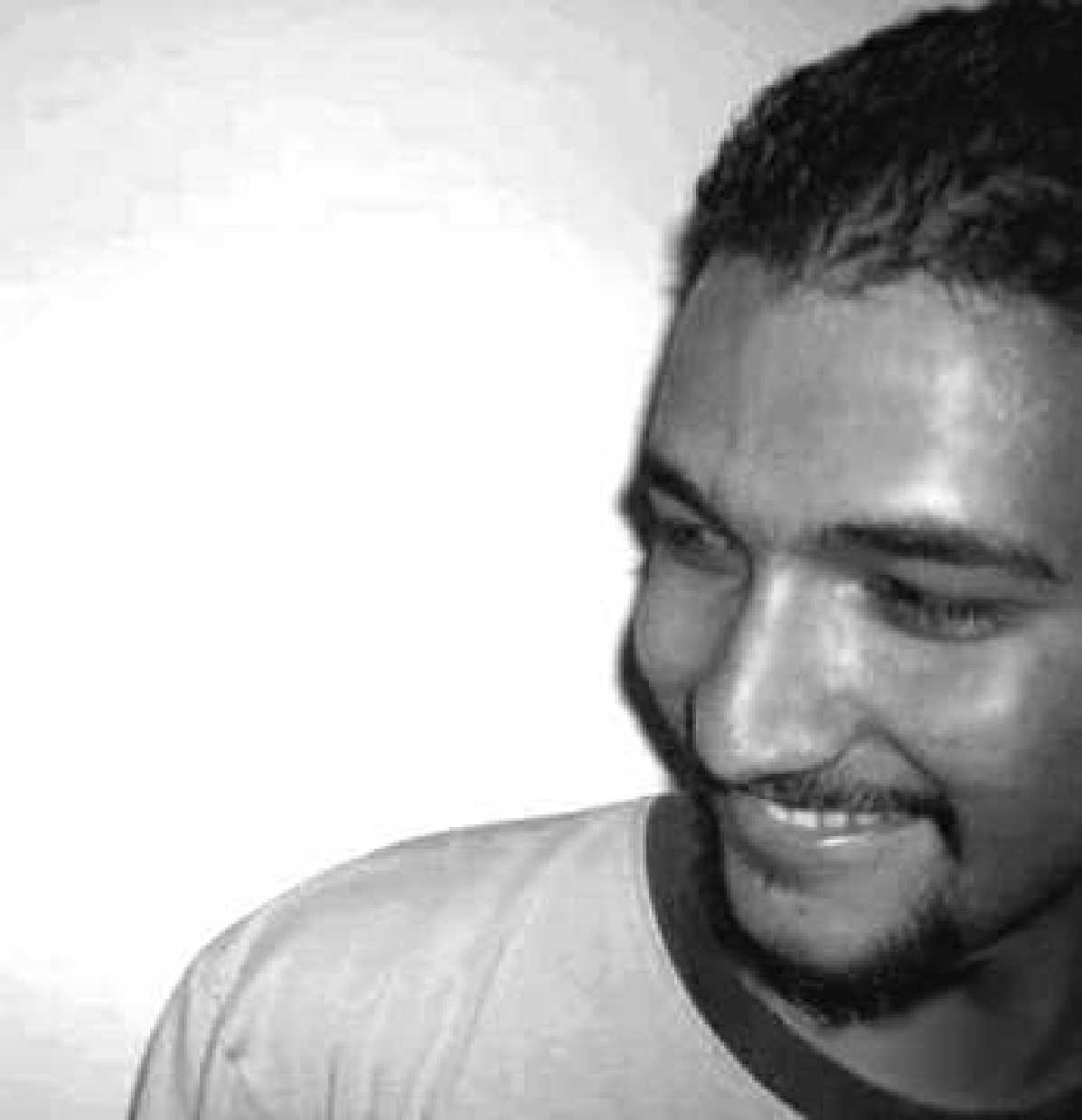
Fame
Hello all--you're now back from spring break and must be ready for
another one of my unnecessary thought-mixing sessions. It would be hard
to deny how big a role fame and the famous have in our lives. It's not
new, though--it's as old as history. What has changed recently is how
fast a person becomes famous. Before things with screens existed, an
individual would die long before others knew his/her story. Today, one
success is enough to take someone from the world of "real people" into
the world of "fame."
Such a transition is generally seen as an advantage. But is it really?
I'm sure most people would say "yes." But why? Why is it advantageous to
be known to thousands (or maybe millions) of people you've never seen?
It's hard to understand that. Is it so important for us to be watched by
others?
No matter what advantages fame brings with it, it isn't that hard to see
that fame is, at the same time, a huge problem. We can easily imagine
what difficulties a singer or an actor/actress must have. But first, we
have to understand that there are two separate things that we
continually confuse with each other: the simulated and the real, for
instance, "Zaga" and Okan Bayülgen, or "Cüneyt Arkın" and Fahrettin
Cüreklibatur. Others even use the same name for both their re-created
image and their real self. If you can't see any differences between the
former and the latter, I'm afraid you don't know much about what kind of
a world we live in. The main difference is that the former has never
existed, while the latter is a person just like you and me. I know
putting it this way seems too mystical, but it's the truth! "Zaga"
doesn't exist when his studio is empty. He never cries, never has a
girlfriend
None of these things are true for Okan Bayülgen. "Cüneyt
Arkın" is a charismatic actor who takes part in funny movies, while Mr.
Cüreklibatur is an ordinary medical school graduate who from time to
time works in film when he's not treating patients. Although they have
the same name, "Tarkan" is a different person from Tarkan Tevetoğlu. You
can't really learn anything about the man who was once a young boy who
sang at wedding halls: the things you learn will always be modified and
changed into the untouchable "Tarkan."
Well, this took much longer than I'd planned, so I guess I'd better
finish in the next issue. Probably all this will make more sense after
you read the next part. Have a nice week.
İsmail O. Postalcıoğlu (POLS/II)
orhan@ug.bcc.bilkent.edu.tr
 |







